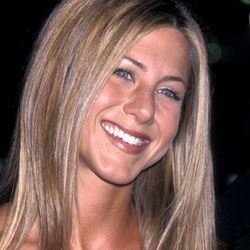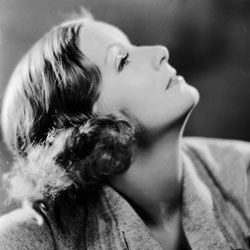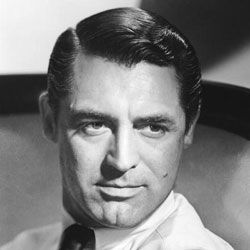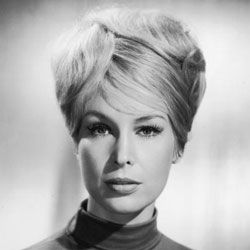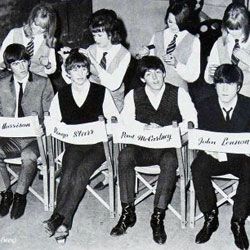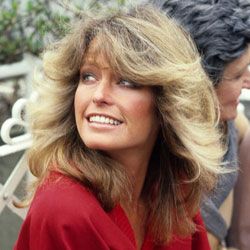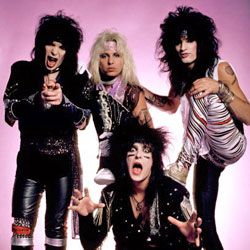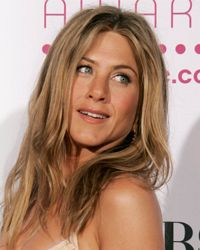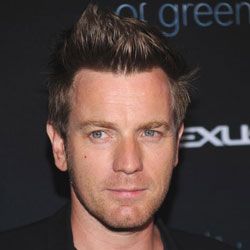13. Rock Hair: Many of the hairstyle changes and fashion trends in the 1980s had to do with the music of the era. "Hair bands" were so named because of their long, voluminous hair, which was often teased or permed. Heavy metal bands such as Motley Crue, Poison, and Bon Jovi helped popularize this look for both men and women.
14. The Mullet: No one can be totally sure when this notorious hairstyle originated, but its popularity soared in the 1980s. The mullet was achieved by cutting hair short and spiky or feathered on the top and sides of the head and keeping it shoulder-length or longer in the back.
15. The Rat-Tail: Popular with young men (and some women) of the '80s, this style was characterized by hair cut short all over except for a long strip of hair (usually 1/2- to 1-inch wide) growing from the nape of the neck and dangling down the back. Rat-tails were typically 4- to 12-inches in length and were often braided.
16. The Mohawk: The Mohawk had its roots in Native American culture but was popular with punk rockers in the '80s. Punk hairstyles in the UK and America reflected the attitude of these antiestablishment youngsters; hair was spiked, sprayed, shaved, and often multi-colored and sent a clear message: We're not like you.
17. The Meg Ryan: Immortalized by the romantic comedy When Harry Met Sally, Meg Ryan's tousled, permed locks were all the rage for women everywhere. Hairstylists reportedly did very little else for a period of several years, since women seemed to only want the spiral curls, highlights, and layered cut made famous by elite hairstylist Sally Hershberger.
